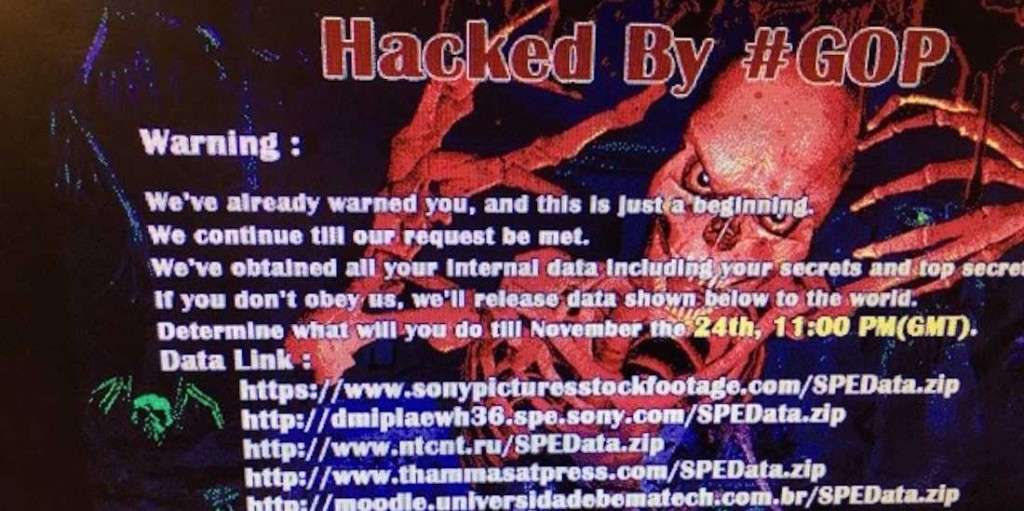The data-wiping Shamoon malware resurfaced this week at Italian oil and gas contractor Saipem, where it destroyed files on about 10 percent of company PCs, according to a published report. The attacks may be linked to Saipem’s work with Saudi Aramco, a target of earlier Shamoon attacks.
Shamoon
Revived Shamoon Virus Causing Disruptions in Saudi Oil Sector
In-brief:The security firm Symantec said it is investigating a string of cyber attacks in the Middle East linked to Shamoon, a piece of destructive malicious software linked to the government of Iran.
New Clues In Sony Hack Point To Insiders, Away from DPRK
A strong counter-narrative to the official account of the hacking of Sony Pictures Entertainment has emerged in recent days, with the visage of the petulant North Korean dictator, Kim Jong Un, replaced by another, more familiar face: former Sony Pictures employees angry over their firing during a recent reorganization at the company. Researchers from the security firm Norse allege that their investigation of the hack of Sony has uncovered evidence that leads, decisively, away from North Korea as the source of the attack. Instead, the company alleges that a group of six individuals is behind the hack, at least one a former Sony Pictures Entertainment employee who worked in a technical role and had extensive knowledge of the company’s network and operations. [Read Security Ledger coverage of the hack of Sony Pictures Entertainment.] If true, the allegations by Norse deal a serious blow to the government’s account of the incident, which placed the blame squarely on […]
The Moral of Sony? Stop Doing Attribution
The hack of Sony Pictures Entertainment, which first came to light on November 24th, devolved this week into a chaotic international “whodunnit” with conflicting reports attributing the incident to everything from the government of North Korea to the government of China to global hacktivist group Anonymous to disgruntled Sony employees. For sure: those attributing the attack to hacking crews within the military of the Democratic Peoples Republic of Korea (DPRK) had their argument bolstered by reports in the New York Times and elsewhere claiming that the U.S. government now believes that the DPRK, under the leadership of Kim Jong Un, was responsible for the devastating hack. Officials at Sony Pictures Entertainment clearly believe the connection is credible, ordering the cancellation of the release of the Sony Pictures film The Interview following threats of violence on theaters showing the film. That acceded to a key demand of the hackers, who have used the […]




